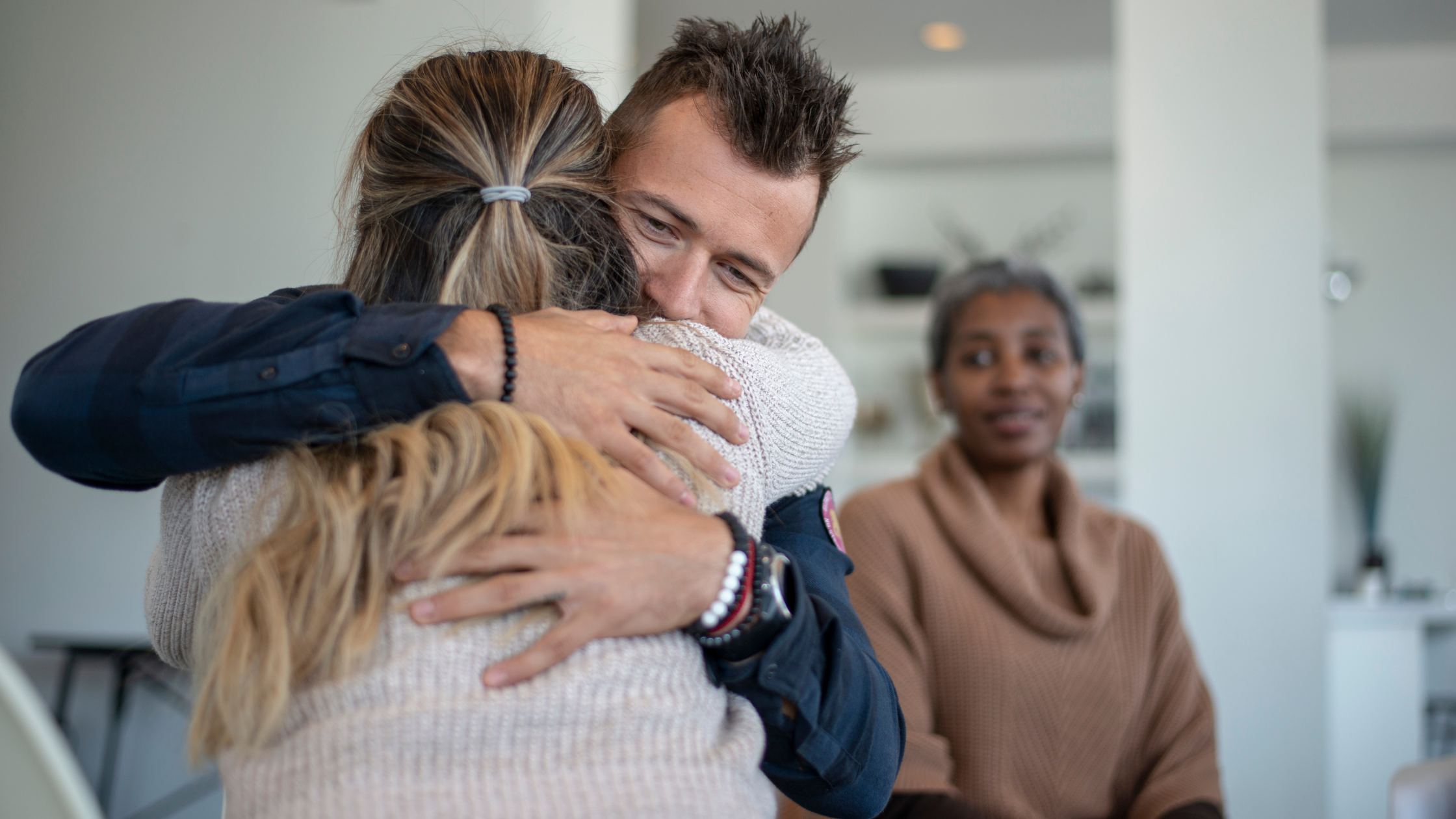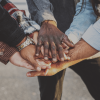 As we move into the Fall, it’s a time of self-reflection and fresh starts. It’s fitting then that September is also National Recovery Month, a month dedicated to celebrating and socializing the incredible work of those in recovery from drugs, alcohol, and behavioral addictions and to bringing awareness to existing and new evidence-based care models.
As we move into the Fall, it’s a time of self-reflection and fresh starts. It’s fitting then that September is also National Recovery Month, a month dedicated to celebrating and socializing the incredible work of those in recovery from drugs, alcohol, and behavioral addictions and to bringing awareness to existing and new evidence-based care models.
To discuss recovery, we must first discuss substance use. Media portrayals often show those struggling with addiction as selfish and one-dimensional, unable to battle their demons. Just like any mental health challenge, the truth is complex and unique to every individual. People use substances in a variety of ways for a variety of reasons. Substance use is, after all, a coping mechanism that can be put in place when a person is struggling with their mental health or the stresses of life. Substance use disorders result from many things, but they are exacerbated by the stigma around seeking mental health support that leads individuals and communities to turn towards substances to help them cope.
Where discussions of addiction and recovery are common places for stigma to show up, recovery communities are a celebration of the human ability to make change and a reminder of the hard work that goes into making a significant life shift. There is much we can collectively learn from the knowledge of recovery communities and people in recovery.
As we kick off September, there are ways you can celebrate recovery while combating stigma:
- Learn the facts: Myths about addiction and recovery that can keep us from understanding and connecting to the issue. Luckily SAMHSA has compiled a comprehensive page with the latest research about recovery best practices. The statistics bring a lot of hope, stating “Recovery is real and possible. 7 in 10 of adults who have had a mental health or substance use condition are in recovery.”
- But don’t forget the stories!: Social media has created a vibrant space for stories of recovery to be heard and for people to find each other. It’s an invaluable resource for people who may be quietly pursuing recovery support, motivation, and solidarity. Efforts like our #IYKYK campaign amplify important tales of recovery from real people, like Shawna, Mary, and Matthew. If you have people in recovery in your own life, ask them about their journey and remember to congratulate them on milestones!
- Share resources: Signal that you support those in recovery by sharing resources and content from SAMHSA’s social media toolkit or posting about an upcoming recovery month event.
- Self-reflect: It can be tempting to “other” people struggling with addiction, but in truth, most of us use some type of mind-altering substance to cope with our days. Substances like coffee and alcohol have been very normalized in our society. While they can be non-harmful in moderation, we can all benefit from reflecting on the role substances play in our lives and communities. This can help us to bring empathy to our discussions of addiction and recovery.
Addiction lives in the shadows. When we talk about and celebrate recovery, we celebrate the seeking of care and the human capacity for change, all applicable lessons to other shifts we’d like to see in the mental health space. By commemorating something that traditionally is stigmatized, we create space for all of our trials and triumphs. We think that’s beautiful.








